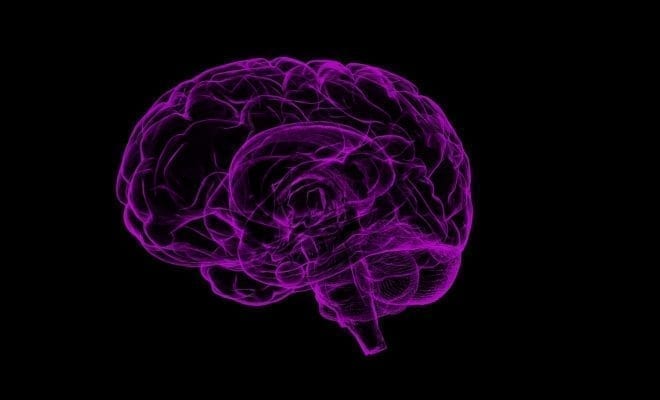
Lifestyle
What is the Mandela Effect?
Our memories are quite the fickle thing, sometimes causing us to remember and things that are not entirely true. But what if there was something a large mass of people believed to have occurred, but in reality, did not? This is an interesting phenomenon known as the Mandela Effect.
The term was first coined in 2009 by Fiona Broome, who operates a website that details this odd observance. While at a conference, Brooome was talking with peers about how she remembers the death of South African President Nelson Mandela in a prison during the 1980s. Her memories were echoed by her peers, who say they also remember such a thing, including news coverage of Mandela’s death and a speech given by his widow.
The only thing? Nelson Mandela passed away in 2013 from natural causes.
Clearly shaken by the fact that a large group of people could falsely remember so clearly events that never took place, Broome took to researching this phenomenon. Through her research, she has uncovered numerous other examples of the Mandela Effect, which she details at length on her website. Here are some of the most surprising:
- Berenstein Bears: This lovable family book series was a staple in many households. Most people remember the family as being called the Berenstein Bears, but in fact, their last name was spelled with an “a” The Berenstain Bears.
- Oscar Meyer: This popular hot dog brand is found in practically every grocery store, and is seen on numerous commercials. What many people don’t realize is that it is spelled with an “a”, making it Oscar Mayer.
- “Mirror Mirror on the Wall”: By now, the majority of Americans have seen the Disney classic, Snow White and the Seven Dwarfs. This classic line in the movie is universally remembered as starting with “Mirror, mirror,” but what is actually said is “Magic Mirror on the wall..”
- “Luke, I am Your Father”: Perhaps one of the greatest lines in cinematic history. Except, it didn’t actually go like that. In this tense moment, all Vader says is “I am your father.”
- Shazaam: There is a collective memory shared by thousands of people that a movie called Shazaam starring actor/comedian Sinbad was released in the 90s. The movie, however, does not exist. There are even reports of people remembering the lines in the movie, despite it never happening.
As you can see, for the majority of these examples, they are relatively minor. But for a memory to be collectively remembered by so many as true is quite an anomaly. So what causes the Mandela Effect?
Alternate reality
Not to get all “woo woo” on you, but there are some people that believe the Mandela Effect can be explained by alternate realities. Originating from quantum physics, this is the idea that there are an infinite number of timelines in addition to the one we live in now. These instances of people remembering false things are actually real occurrences that have happened in a separate timeline that accidentally crossed into ours. While this sounds totally crazy, this idea is actually grounded in the quantum physics theory of the multiverse.
False memories
Our brains are peculiar when it comes to processing and storing information. When we recall memories, the information we are trying to access can sometimes be influenced to the point of eventually becoming incorrect. We might associate one truth with another piece of related information, which is then formed to become what we perceive as the truth.
The internet and misinformation
The internet is one of the most powerful ways to spread information. With this massive influx of information being pushed out every day, it increases our chances of consuming something that is untrue. As falsehoods spread, people can potentially mistake untrue information as truth, which could also explain the Mandela Effect.


1 Comment